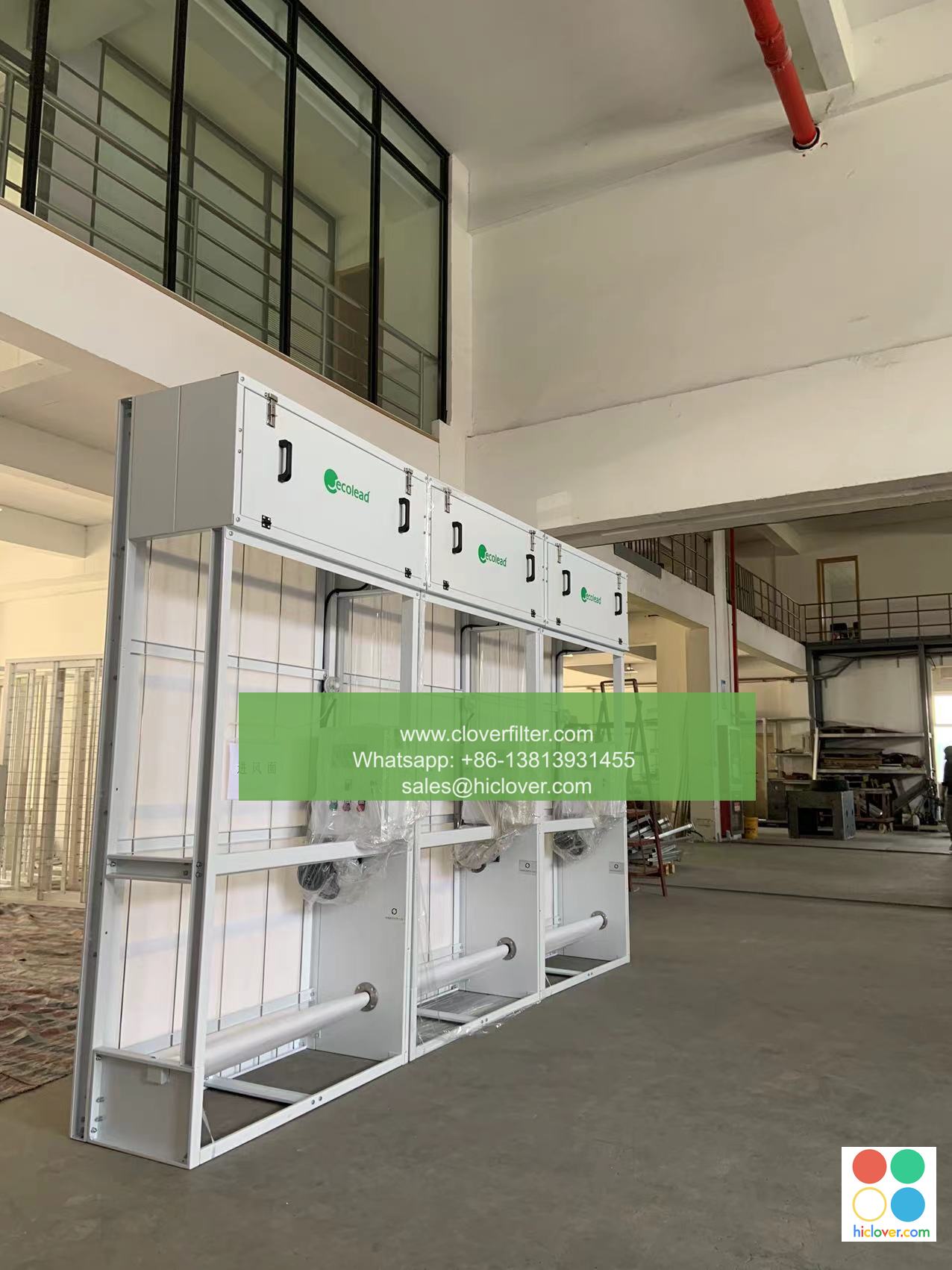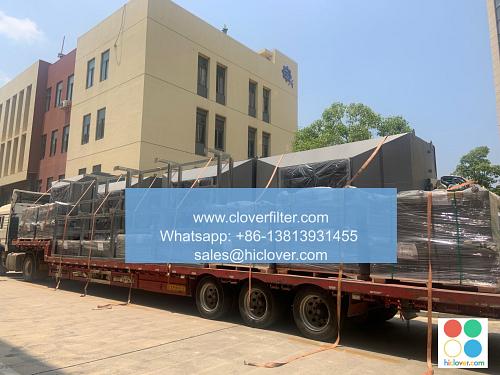The Benefits of Energy-Efficient Air Filters

As the world shifts towards a more sustainable and environmentally conscious lifestyle, the importance of energy-efficient solutions cannot be overstated. One crucial aspect of this transition is the adoption of energy-efficient air filters in various industries and applications. In this article, we will delve into the benefits of these innovative filters, exploring their role in indoor air quality improvement, energy consumption reduction, and cost savings.
What are Energy-Efficient Air Filters?
Energy-efficient air filters are designed to provide superior air purification while minimizing energy consumption. These filters utilize advanced technologies, such as nanofiber and electrostatic filtration, to capture particulate matter, pollutants, and
Benefits of Energy-Efficient Air Filters
The advantages of energy-efficient air filters are multifaceted, impacting various aspects of building management and occupant health. Some of the key benefits include:
* Improved Indoor Air Quality (IAQ): By capturing volatile organic compounds (VOCs), particulate matter (PM), and other airborne pollutants, energy-efficient air filters contribute to a healthier indoor environment.
* Energy Consumption Reduction: These filters help decrease energy waste and lower utility bills by enabling HVAC systems to operate more efficiently.
* Cost Savings: By extending the lifespan of HVAC systems and reducing maintenance costs, energy-efficient air filters provide a significant return on investment.
* Increased System Performance: Energy-efficient air filters optimize airflow and reduce pressure drop, resulting in improved system performance and reliability.
Application Areas for Energy-Efficient Air Filters
The applications of energy-efficient air filters are diverse, spanning various industries and sectors. Some of the key areas where these filters can be utilized include:
* Commercial Buildings: Office buildings, retail spaces, and restaurants can benefit from energy-efficient air filters, improving IAQ and reducing energy consumption.
* Industrial Facilities: Manufacturing plants, warehouses, and other industrial settings can utilize these filters to enhance worker health and safety while minimizing energy waste.
* Healthcare Facilities: Hospitals, clinics, and other healthcare settings require high-quality air filtration to maintain a sterile environment and prevent the spread of infections.
* Residential Homes: Homeowners can benefit from energy-efficient air filters, which can improve IAQ, reduce energy consumption, and increase property value.
Conclusion
In conclusion, energy-efficient air filters offer a wide range of benefits, from improved indoor air quality and energy consumption reduction to cost savings and increased system performance. As the demand for sustainable and environmentally conscious solutions continues to grow, the adoption of energy-efficient air filters is poised to become an essential aspect of building management and maintenance. By exploring the various application areas and benefits of these innovative filters, we can work towards creating healthier, more sustainable, and energy-efficient environments for generations to come. It looks like you forgot to include a prompt! Please go ahead and give me something to work with, and I’ll do my best to help. What’s on your mind?

